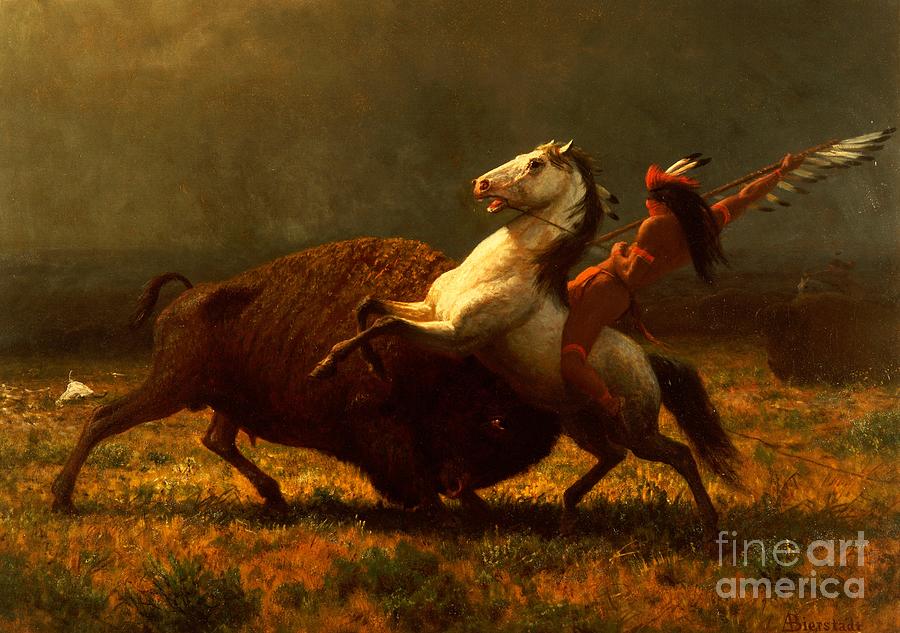
Somewhere beneath a very real cultural wardrobe of many hues and colors, we're all befitted in ordinary humanness. Ethnicity, race, gender--all of it pretty much disappears. Even personal histories fade into empty space. Somewhere down deep, we're all mortal, as subject to joy and fear as anyone else ever was, or is, or will be.
Differences exist. Old Ogallala warriors--the kind that today, mid-morning, get together in coffee shops downtown--used to talk about the worst things that could happen to a man. Some of those horrors are limited by time and place. "To be without food in winter for many days," they said, was a terrible, terrible thing. In 1902 or so, when an anthropologist recorded the conversation of some old warriors, no white man from, say, Cincinnati, would likely list a similar page of horrors.
"To be shot in the legging and to struggle home with blood frozen in the leg and moccasin," another said. Even though at the turn of the 20th century, fledgling communities in Sioux County, Iowa, were struggling to survive, it's unlikely any of its residents would have listed frozen blood from a wound as the kind of horror no one wishes on another.
On the other hand, some men might have assented in silence when another old warrior claimed that "to be left wifeless with a small child in winter," was right up there on the list of great trials a man might face.
But the worst of those trials, the old men said, was "the loss of a young son." These were warriors, remember, not wives. There, beneath all those layers of custom and culture, is a basic humanity that's stunningly universal.
The artist George Catlin, who lived among the Sioux people for sometime in the early 19th century, recorded the story of Lone Horn, an old man who had been in some manner responsible for the death of his only son. One day Lone Horn, heavy with grief and self-loathing, left the village on horseback in the rage he'd been in since the death of his son. He'd painted himself for war, then told anyone within the reach of his voice that, in his rage, he was going to kill the first thing he met on his path--man or beast.
That man could be said to be fighting his own "mourning war," fueled by a rage that feeds, paradoxically, on tears, and has no rationale other than the darkness of sheer despair.
What Lone Horn met on his path that day was an old buffalo bull, mean and unafraid. Lone Horn deftly put several arrows into that animal. But when the bull wouldn't go down, Lone Horn dismounted and went right after it with his knife.
When, some time later, his horse returned to the camp, others followed the trail and found Lone Horn gored and trampled and dead, along side him the buffalo, also slain, stabbed a hundred times. “So great was the anguish of his mind at times, that he became frantic and insane," the old men said.
I'm guessing there are people in Cincinnati as well as Sioux County today--and 150 years ago--who somehow would understand. I've never lost a child and certainly never encountered an old bull buffalo on the road I was travelling. I've never prepared myself for war and made anything close to a vow to kill whatever first living thing I see. I don't know, personally, Lone Horn's level of sadness and grief and guilt.
But having heard the story, for some human reason I don't doubt its truth, nor do I doubt that men and women in every country and every age would admit the same. Somewhere beneath the layers of custom and culture, at a certain basic level we are all human.
_______________________________
The story of Lone Horn is told in Thomas Powers's The Killing of Crazy Horse.
No comments:
Post a Comment